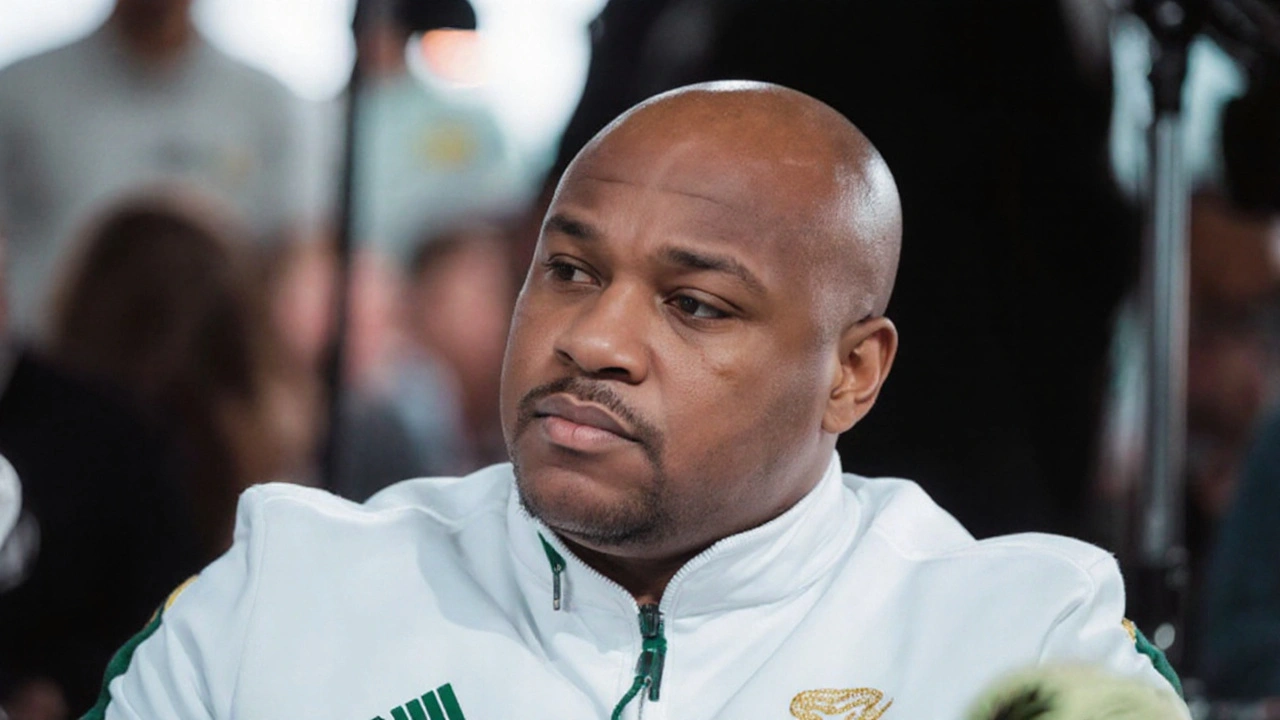Why the investigation matters
When a senior politician is caught in a situation that hints at criminal connections, the fallout can ripple through an entire party. Gayton McKenzie, the charismatic head of the Patriotic Alliance (PA), decided to bring in Cliffe Dekker Hofmeyr – a law firm that’s handled some of South Africa’s most delicate corporate and political probes. By doing so, he signals that the PA wants the public to see a clear, impartial process, not a quick cover‑up.
The controversy started in July 2025, when Kenny Kunene was seen at the Sandton house of Katiso "KT" Molefe during a police operation. Molefe is under investigation for allegedly ordering the assassination of Oupa "DJ Sumbody" Sefoka, a beloved DJ and club owner whose death sparked national outrage. The image of Kunene at Molefe’s door raised eyebrows and set off a media storm.
What the probe will cover
Cliffe Dekker Hofmeyr has outlined a multi‑step plan to untangle the web of relationships. First, they will interview anyone who was present at Molefe’s residence that night – from security staff to neighboring tenants. Second, the firm will request financial records, property deeds, and any contracts that link Kunene to Molefe’s business empire. Finally, they’ll assess whether any personal ties – friendships, family connections, or shared ventures – could have compromised Kunene’s role as deputy president.
The law firm’s reputation rests on thoroughness. In past cases, it has traced hidden shareholdings and exposed money‑laundering routes that other investigators missed. For the PA, this means the investigation won’t stop at the obvious; it will dig into emails, bank statements, and even social‑media messages to see if there’s a pattern of collusion.
While the investigation runs, McKenzie has placed Kunene on an indefinite suspension. This move has split the PA’s ranks: some members argue that the deputy should be removed immediately to protect the party’s image, while others warn that acting too fast could undermine the principle of due process.
Political analysts note that the outcome could have a domino effect. If Kunene is cleared, the PA might regain lost momentum ahead of the next election cycle. But a damning report could force the party to distance itself from a figure now linked to a high‑profile murder case, potentially shaking voter confidence.
Beyond the immediate party politics, the case raises a broader question for South African governance: how should political parties handle members who are found near individuals suspected of serious crimes? The PA’s decision to outsource the inquiry to a respected firm might set a new benchmark for transparency, encouraging other parties to adopt similar measures.
Regardless of the final report, the investigation will keep the nation’s eyes glued to the courtroom and boardrooms where power, money, and influence intersect. As the story unfolds, South Africans will be watching not only for answers about Kunene and Molefe but also for signs of how the country’s political culture is evolving in the face of scandal.


Aaron Leclaire
September 27, 2025 AT 01:51Steve Cox
September 27, 2025 AT 12:34Mitch Roberts
September 27, 2025 AT 23:12Mark Venema
September 29, 2025 AT 01:57Jasvir Singh
September 29, 2025 AT 18:47Brian Walko
October 1, 2025 AT 18:06Derrek Wortham
October 2, 2025 AT 02:22Zara Lawrence
October 3, 2025 AT 07:12Ashley Hasselman
October 5, 2025 AT 07:02Kelly Ellzey
October 6, 2025 AT 06:47maggie barnes
October 6, 2025 AT 08:18mahak bansal
October 7, 2025 AT 15:56Lewis Hardy
October 8, 2025 AT 23:37Prakash.s Peter
October 9, 2025 AT 18:42ria ariyani
October 11, 2025 AT 14:51Emily Nguyen
October 12, 2025 AT 21:31Ruben Figueroa
October 14, 2025 AT 01:37Gabriel Clark
October 14, 2025 AT 09:01Elizabeth Price
October 16, 2025 AT 02:11